A Chest Wall Success Story: Summer Pope's Amazing Return to Sports
September 6, 2024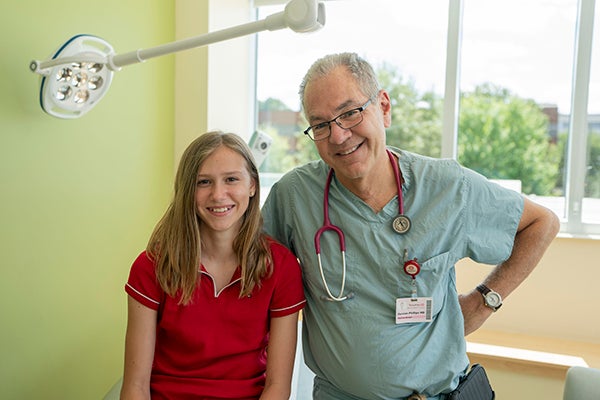
By: WakeMed Children's Hospital
Categories: Children's, Stories, Raleigh Campus, Chest Wall
Tags: pediatric chest wall deformity, chest wall deformity center
Summer has always been athletic. She loves to stay active and participate in sports, including gymnastics, soccer and cheer. Around the age of 10 while in gymnastics, she realized she had a harder time breathing than the other girls when running and doing some of the positions, including the arch hold.
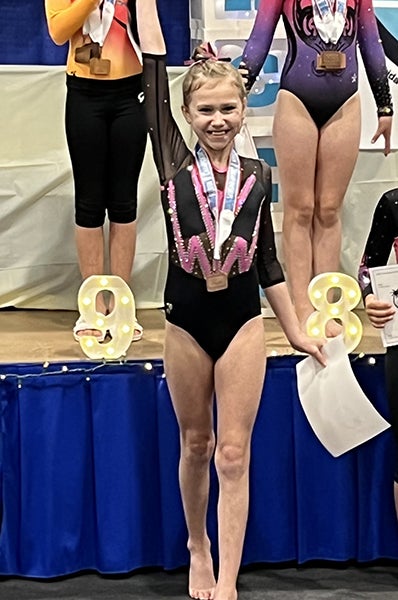
Her mother, Heather, shares, "I could tell right after birth that something was off about her sternum. It's something we had talked about with her pediatrician and just had been told not to be concerned if she was not having issues. By age 10, she had moved up a level in competitive gymnastics. Summer informed me that while running and holding some of the body positions in gymnastics, she couldn't breathe. I talked to her coaches, and we waited for her scheduled physical with her pediatrician to bring up our concerns since the appointment was soon."
The pediatrician in their eastern North Carolina area ordered an X-ray and referred Summer and her mom to chest wall specialist Duncan Phillips, MD, FACS, FAAP, located at WakeMed in Raleigh, where they initially met with Dr. Phillips in December 2022. Over the next two years, Summer and Heather met twice more with Dr. Phillips.
Summer recalls of her first appointment with Dr. Phillips, "I was a little nervous because it was a new doctor, but he was really nice, and I really liked him."
Dr. Phillips determined upon examination, the results from the X-ray and measurements of the concavity of her chest wall that surgery was likely Summer's best option, and he gave the family time over these visits to consider it.
Dr. Phillips says, "I think it's important not to "rush" families into decisions about surgery — it's much better to educate families about the problem, get some testing done, allow them to go home and talk about it, and then ask them to come back and chat again before embarking on a major surgical procedure."
An Introductory to WakeMed Pediatric Surgery and Dr. Duncan Phillips
On January 2, 2024, they visited Dr. Phillips for a fourth assessment of her condition at the Pediatric Surgery – Raleigh Medical Park.
Heather notes, "Dr. Phillips was wonderful. He was extremely knowledgeable. He spoke directly to Summer. He didn't talk to her as though she were a little kid, but he explained in a way she could understand. He drew pictures and wrote out mathematical formulas to explain the severity of her chest wall issues and gave her copies of chapters of textbooks he had written in his published journal articles. He was very thorough but also very kind."
Dr. Phillips ordered a computed tomography (CT) scan. While he did not insist that surgery was her only recourse, it was clear to Heather and Summer that the surgery was, indeed, the ideal option.
Summer recalls, "I was really nervous to learn that I'd need surgery, but I was also really happy because I knew I would have time to mentally process all of the information he shared since the surgery was scheduled August 7, 2024."
Stellar Pediatric Surgery Proves to be Worth the Wait
The evening prior to surgery, Heather and Summer stayed at Heather's mom's house in Garner, so they could be at WakeMed Raleigh Campus right on time at 5:30 am. Her surgery was scheduled for 7:30 that morning. Dr. Phillips performed the surgery over two-and-a-half hours.
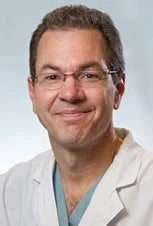
Dr. Phillips explains, "Pectus excavatum is a chest condition where the breast bone pushes in on the heart and lungs, causing decreased exercise tolerance, shortness of breath and, often, chest pain. She underwent a minimally-invasive repair of pectus excavatum (the so-called "Nuss procedure") with the placement of a temporary titanium bar behind her breast bone. This bar, which pushes forward on the breast bone, allows the ribcage to change shape and remodel into a somewhat larger and better configuration. It's sort of like braces on crooked teeth. The bar will be removed in two to three years. Patients who undergo this procedure typically have about a 25 percent improvement in cardiac output (heart function). Most are very pleased with this result."
Summer awoke in her recovery room after surgery feeling fine and asking to walk around, but the team insisted she needed a bit more time to heal.
Heather remembers, "Around 10 am, Dr. Phillips informed me that the surgery had been a success, and Summer was now in recovery. I was not surprised she woke up ready to go. That's pretty much in line with her personality. Since she'd been administered anesthesia, she kept going in and out of sleep and repeatedly asking questions about the surgery. She also really kept wanting to get up. As soon as they could allow her to, the care team got her up to walk around and go to the bathroom. She was a little shaky at first, but she's very athletic and active."
Heather had talked with Summer about how she'd be a bit sore after surgery, so Summer was prepared for some discomfort, but, in all, she did well.
A humorous part of the entire experience was Summer's aversion to swallowing pills, which she had to take as part of her care.
"Bless that care team. They were so patient with Summer," laughs Heather. "They were kind and warm and kept her laughing throughout the whole ordeal and the challenges they had with her resistance to taking those pills. They got through it though, and I was truly amazed by their genuine kindness to my daughter."
Of the experience, Summer shares, "I loved my whole team. The nurses were so nice and funny. I was just mad I had to lie on my back. I am a side sleeper and that really annoyed me."
The next day, August 8, they were discharged and had initially planned to stay with Grandma for another night, but with inclement weather moving into the area, Dr. Phillips authorized them to head back home, an hour and half away, and he scheduled them for a follow-up telehealth appointment.
A Swift Return to School and Sports
On August 14, Summer had her first day of school, and she went gladly with a renewed spirit for fully participating in the sports she loves and spending time with friends. She'd also been given exercises to do at home including twisting her neck, lifting her arms and breathing to strengthen her weak chest wall muscles.
Summer had additional restrictions on participating in any high impact activities, including pushing and pulling.
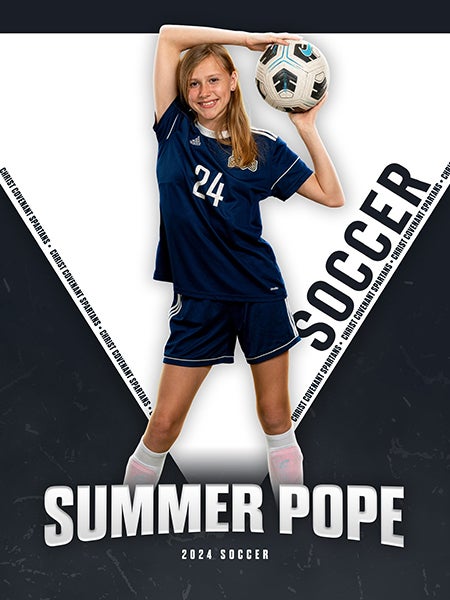
Summer shares, "When I went back to school, I felt normal. I couldn't do any stunts in cheerleading, but that was okay because I felt fine."
On September 4, Summer experienced a victory that meant the most to her. She was allowed to sleep on her side and relished a wonderful night of rest. It was a huge win for her.
In reflecting on her experience, Summer glows, "I'm really glad I had the surgery because it has helped me a lot. I've been able to return to cheer. I will soon be able to do soccer and tumbling again."
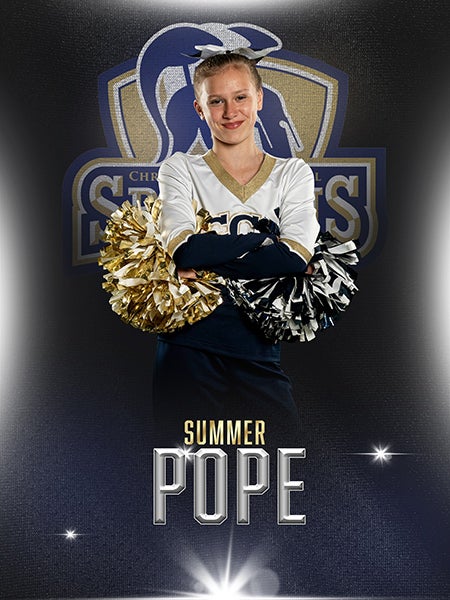
About WakeMed Chest Wall Deformity Center
WakeMed’s Chest Wall Deformity Center brings decades of expertise helping both children and adults overcome the challenges associated with these common congenital and acquired problems. Whether you or your child has been diagnosed with pectus excavatum, pectus carinatum, Jeune’s syndrome or a rare chest wall deformity, our expert surgical and support teams can guide you through your treatment journey — every step of the way.
Although most chest wall deformities present in childhood, WakeMed’s experienced surgeons can treat patients from childhood through adulthood. While the treatment options may vary based on age, WakeMed’s Chest Wall Deformity Center offers the most comprehensive range of treatments and procedures available.
We partner with our patients (and when appropriate, their families) to make treatment and recovery a smooth and seamless process from your initial consult through treatment, surgery (if indicated), and recovery.